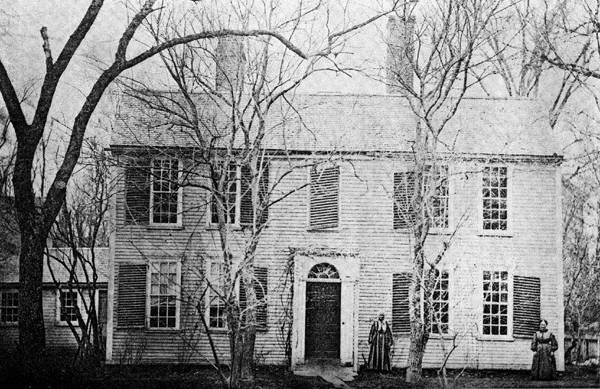
In the fall of 1774, Sam Adams and his boys courted Massachusetts ministers casting them as colonial spinmeisters of the Patriot Message. Black-frocked and white-wigged Massachusetts clergy roared their response from pulpit after pulpit treating their parishioners as so many political focus groups. Once Samuel Cooke found his metaphorical horse, he rode it Sunday after Sunday: his sermon themes frequently featured variations on the injustice of British tyranny resulting in American Slavery. Grim, huh? ( And he always sounds like that, like lots of nouns are SHOUTED—like when e-mailers use all caps.) But, to be fair, in his 1770 Election Day Sermon, Rev Sam also called for the end of the importation of slaves, Ethiopians, he termed them, staying Biblical. Not usually given to irony, he “got” the ultimate contradiction of American political thought, of American life: ” Slavery,” that is the removal of American political rights by the Brits, or slavery, that is the American enslavement of Africans, were both wrong.
The result of all these maneuvers, all these words, and all those jeremiads was the answer to his own question posed in the previous post : what is the consequence of rulers detached from the needs and rights of their subjects? Here then was the physical answer to his years of rhetoric. It was the blood and guts of the dead and wounded spreading in the rocky dirt of the village of Menotomy, where more British and more Americans were killed on this first day of the American Revolution than anywhere else, on the evening of April 19, 1775. The dead bodies were claimed and carted back to their home villages; many were buried in Menotomy in a mass grave; and Reverend Cooke presided the next Sunday over his own diminished congregation, for Menotomy lost three of her own. He preached later about that moment, about that “never to be forgotten day—the horrid scene is stamped upon all our breasts, in characters of blood!”



Leave a Reply